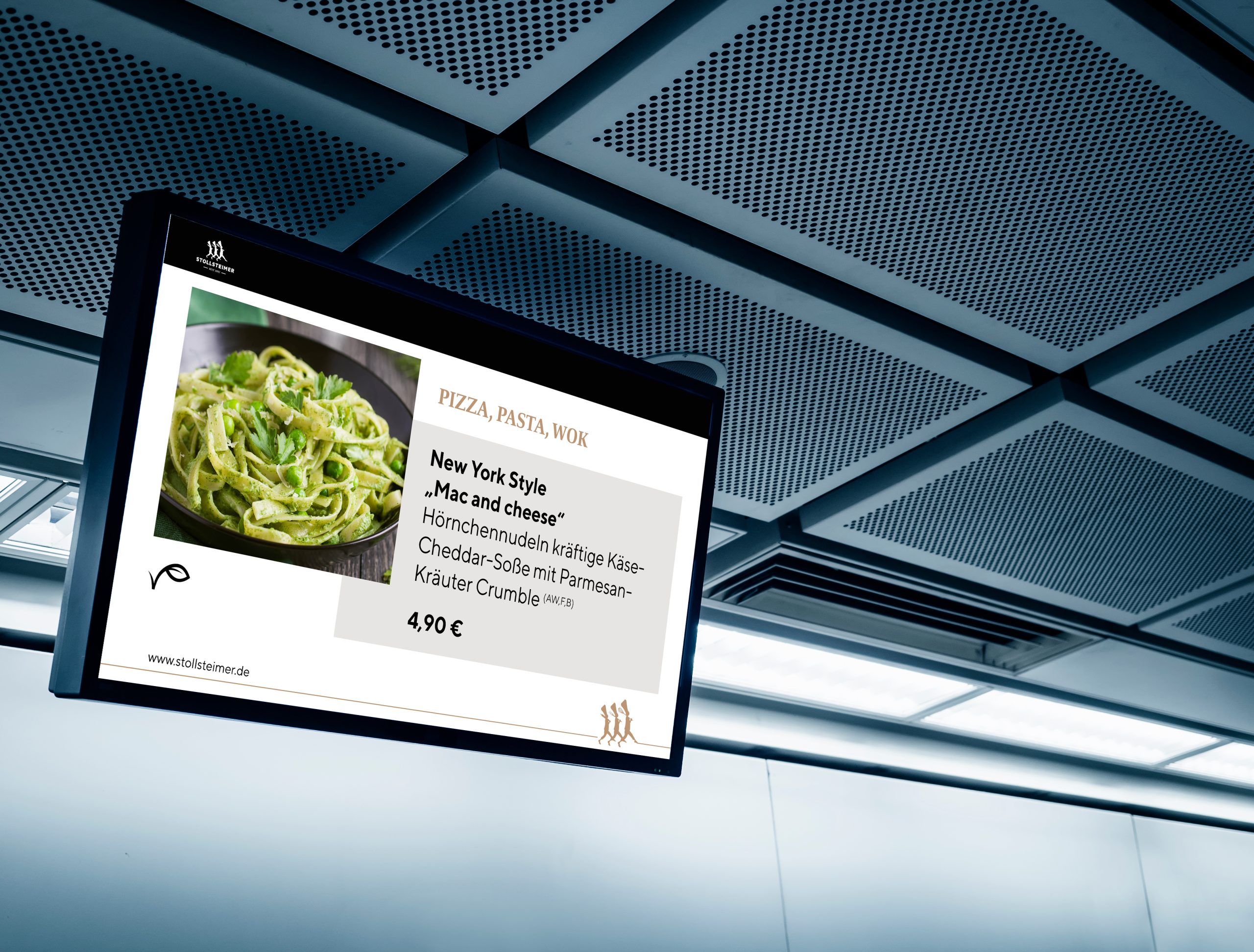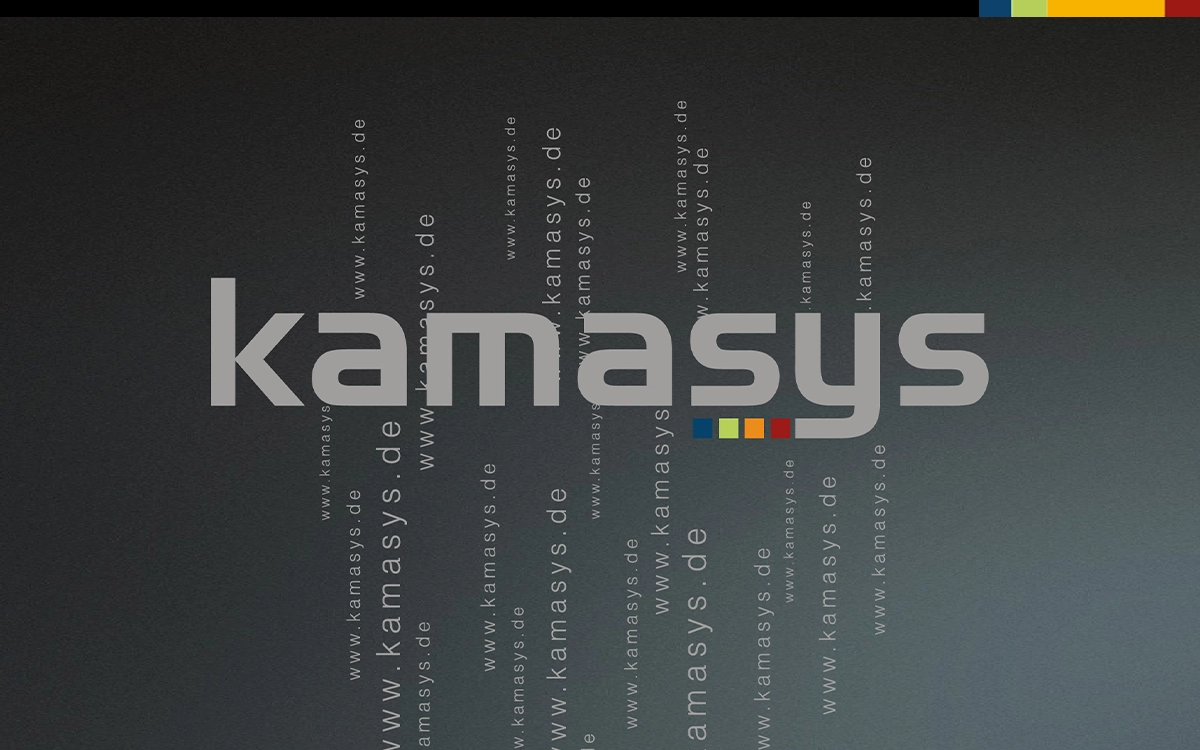Employee satisfaction and motivation play an increasingly important role in today's working world. Companies are constantly looking for new ways to support and encourage their workforce.
An often overlooked but effective way is to provide meal subsidies. This support can not only increase employee satisfaction, but also brings other benefits - keyword: keeping healthy!
Why companies should grant a meal allowance
Meal allowances are more than just a friendly gesture towards employees. They have a positive effect on employee motivation and satisfaction. An allowance signals that the company cares about the well-being of its workforce. This strengthens the employer brand and can be a competitive advantage when recruiting employees. It can also promote a healthy and balanced diet.
Last but not least, the meal allowance as a voluntary social benefit is tax-privileged up to a certain amount: in 2024, the non-cash benefit value for meals is €4.13 per meal per working day. Employers can top up this amount with a maximum of €3.10 tax-free. This results in a maximum reimbursement of €7.23 per employee and per meal per working day in 2024.
Advantages of meal subsidies at second glance
In addition to the obvious benefits, there are other positive effects:
- Higher productivity and efficiency: Employees who regularly eat balanced meals are more productive and focused. This leads to an increase in productivity.
- Reduction of sickness absences: A healthy diet strengthens the immune system and can therefore reduce the number of sick days. This saves costs in the long term.
Although meal allowances may initially appear to be a cost, the associated benefits such as increased productivity and reduced absenteeism lead to long-term cost savings.
Pitfalls and challenges of meal subsidies
However, there are also challenges that need to be considered: The introduction and administration of meal allowances can involve a certain amount of administrative work - but structured processes and responsibilities minimize the administrative burden. It is also important to adhere to the tax regulations in order to be legally secure.
Subsidies can be provided in various ways - from vouchers for external restaurants to automatic offsetting in the internal company restaurant. In order to benefit from positive effects, such as keeping employees healthy, it is important to ensure the quality of the food provided. It plays a decisive role in enjoying all the benefits.
Options in the KMS backend system
Meal subsidies can now also be easily created with our KMS backend system. Users have various options for displaying subsidies: For example, the subsidies can be assigned to different locations and customer groups and can be applied to the entire range, individual menu lines or items. The amount of the catering subsidy can be set to a fixed amount, a percentage or a quota. You can also define threshold values (important in order to comply with tax regulations) and the time period or period in which the subsidy is to be granted.
Conclusion: Meal allowances as a valuable benefit for companies and employees
Meal allowances are a valuable tool for increasing employee satisfaction, health and productivity. The numerous benefits, from tax savings to an improved corporate culture, make them a worthwhile investment. Despite some challenges, the positive effects far outweigh the negative ones. Companies that choose to introduce meal allowances send a strong signal of their care and support, creating a win-win situation for all involved.


